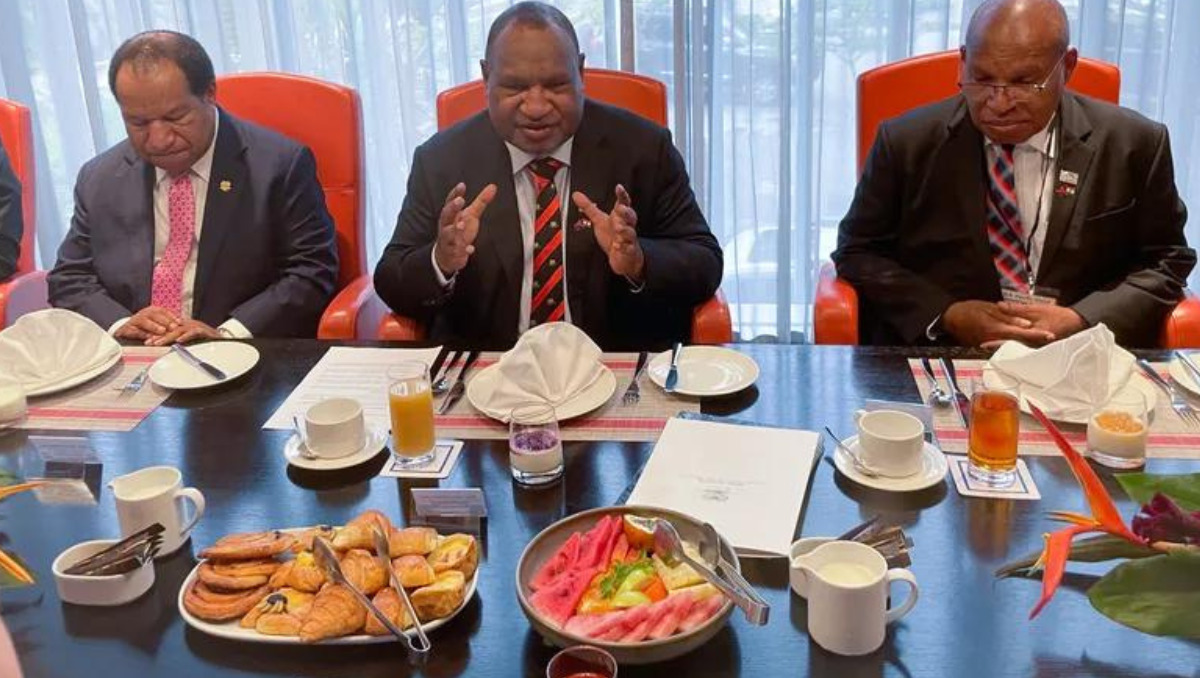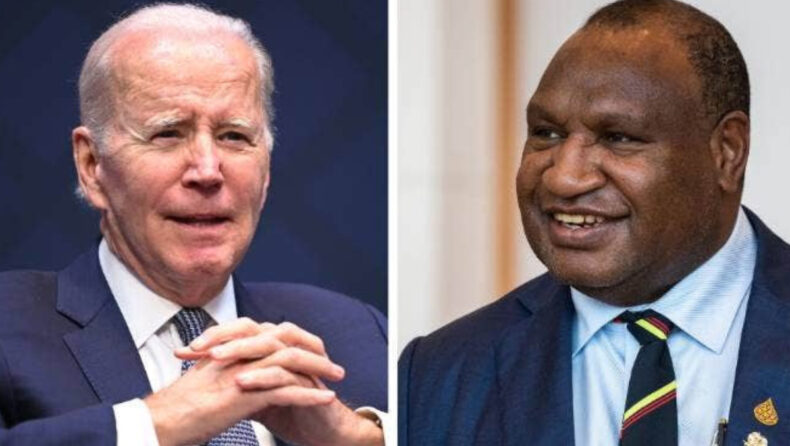
The United States and Papua New Guinea (PNG) are set to sign a security agreement to increase the US’s influence in the pacific. A continuous tussle with China for control over the pacific, the deal will further US’s hold over the region.
The location of PNG makes it strategically significant. It is north of Australia and has a population of 10 million, making it the most populous pacific island country.
The US said the new security agreement would enhance regional stability, increase security cooperation and will lead to greater capacity of Papua New Guinea defence force. PNG president James Marape said his country was facing several other security issues, from illegal fishing boats to skirmishes within the country.
STUDENT PROTEST TO OPPOSE AGREEMENT
However, the agreement was not welcomed in PNG. It sparked student protest in the country as many are concerned about increased militarisation in the region. Lastly, a similar agreement between Solomon Island and China put the entire pacific region on alert. The US has since increased its presence in the region by opening embassies Tonga and the Solomon Islands and investing in more businesses in the pacific.
One may question the reliability of the US as a strategic partner since Joe Biden, the President of the United States, was to visit PNG to sign the agreement. Had he not cancelled his trip to focus on debt limit talks, it would have been a historic moment making Biden the first president of the US to visit a pacific island country.
In place of Biden, US Secretary of State Antonio Blinken arrived on Monday. China, amidst the agreement, warned against ‘Geopolitical Games’ in the pacific.
Former Prime Minister Peter O’Neill believes that Marape placed the country at the middle of a ‘military storm’ between USA and China by signing defence agreements with both counties without proper consultation with the people of PNG.
Leader of the opposition criticised the move by accusing Marape of being blinded by the dollar sign for signing the deal. He said that a foreign policy of friends to all and enemy to none would be detrimental to the country in the long run.
INCREASED MILITARY PRESENCE OF US PERSONNEL
Marape, clarifying whether a US military base would be established, said that only US military personnel presence would increase and no base would be established.
A trip by the Indian Prime Minister Narendra Modi to the Pacific Islands coincided with the US visit. Modi was hosting a visit with the leaders of the pacific islands to discuss better ways to cooperate. This would be the first visit by Mr. Modi to the island. He will host the third summit of the Forum for India-Pacific Islands Cooperation (FIPIC) on May 22.
New Zealand Prime Minister Chris Hipkins met with Marape and is to meet with Blinken. He welcomed the US interest in the region while making distinction to his country’s own effort. He affirmed that New Zealand would not be interested in militarising the pacific and would work with the region on issues of mutual concern like climate change.













